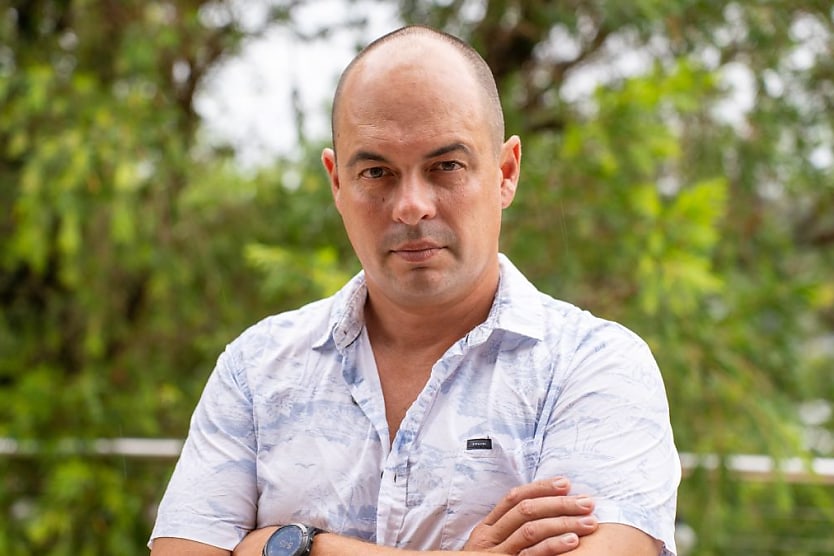Questions to ask to ensure you hire the right people
SHARE THIS ARTICLE

Hiring well starts with asking these three key questions at the early stage of the interview process, writes Kobi Simmat.
I work hard to help my staff find a satisfying work/life balance. I don’t just pay lip service to the concept. I cannot see the point of working your staff so hard they have no time to have a home life. So, I take steps to help create an environment that suits my staff so they can have the best of both worlds.
There’s a level of self-interest here. That self-interest starts with choosing the right staff to work for me. Hiring is always a hit-and-miss affair, but over the years, I’ve gotten better at it. I now ask candidates three questions that help me filter out who is most suitable for the task at hand, who will get the job done and who is most likely to stick around. These questions have proven remarkably efficient in helping me hire A-grade players, spot B-grade players who can be coached to become A-grade players, and actively avoid C-grade players.
I ask these questions because I’ve been burnt in the past by people who say one thing and do another. They tell me how good they are, how much they want the job, how hard they’ll work. They get the role, but their hype doesn’t live up to their reality; they’re not half as good as they say, and they can’t do the job at hand. That’s a costly own goal. I need to prevent that from happening.
These three questions help elicit emotional reactions that are imperceptible to the untrained eye. But if you are good at reading people and noticing the non-verbals, as I am, you get a better picture of how truthful their answers really are. I can see when a question makes a candidate flush, blush or blink. I am on the lookout for these signs because when their words are incompatible with their body language, I know something is up.
The 3 key questions
Hiring well starts with asking these three key questions at the early stage of the interview process. Each question leads to more questions, and each will uncover the truth about how appropriate this candidate will be for the job at hand, how badly they want this job and how good they’ll be at it.
- Do you get it?
- Do you understand the job on offer?
- Do you understand the KPI metric you are being asked to reach?
- Does that metric or number motivate you?
- Have you read the job description in detail?
- Do you understand what every task and obligation means?
- Do you fully understand the role this job plays in the wider functioning of this company?
- Do you have the skills and experience to deliver on the job at hand?
Assuming they say “yes” to those questions, I then ask:
- Do you want it?
- Now that you know exactly what the role entails, do you honestly, genuinely, with no reservations, want this job?
- Is there another job that you had your eye on (but didn’t get), making this role the booby prize?
- Are you interested in this role because you’ve got your eye on the prize of a bigger job a few rungs above this one?
- Do you see yourself staying in this same role for at least three years?
Assuming they know what the job entails – they “get” it – and they wholeheartedly desire the job at hand – they “want”. My final and perhaps most important question is …
- Do you have the capacity to fit this job into your life?
- Do you have the time, mental preparedness, skills, experience, desire and space to fully commit to this role?
- Is there anything going on in your life that will prevent you from completing this job to the standards I have outlined in the earlier questions?
- Is there anything that could prevent you from completing this job in the allocated time?
Why do I ask these three questions?
We hire for will and train for skill, so we take a lot of time in our hiring process to ensure we get the right people, in the right job, for the right reason. Hiring is easy. Firing is hard. (Or, as we say in the recruitment business, “hiring is guessing, firing is knowing”.) It’s costly, draining on everyone, and leaves a bad taste in the mouth for all concerned. It’s much harder to get someone out of an organisation than it is to get them in, so we spend a lot of time ensuring we get the right people in so that we don’t have to worry about moving them out.
By Kobi Simmat, founder of Best Practice Biz
